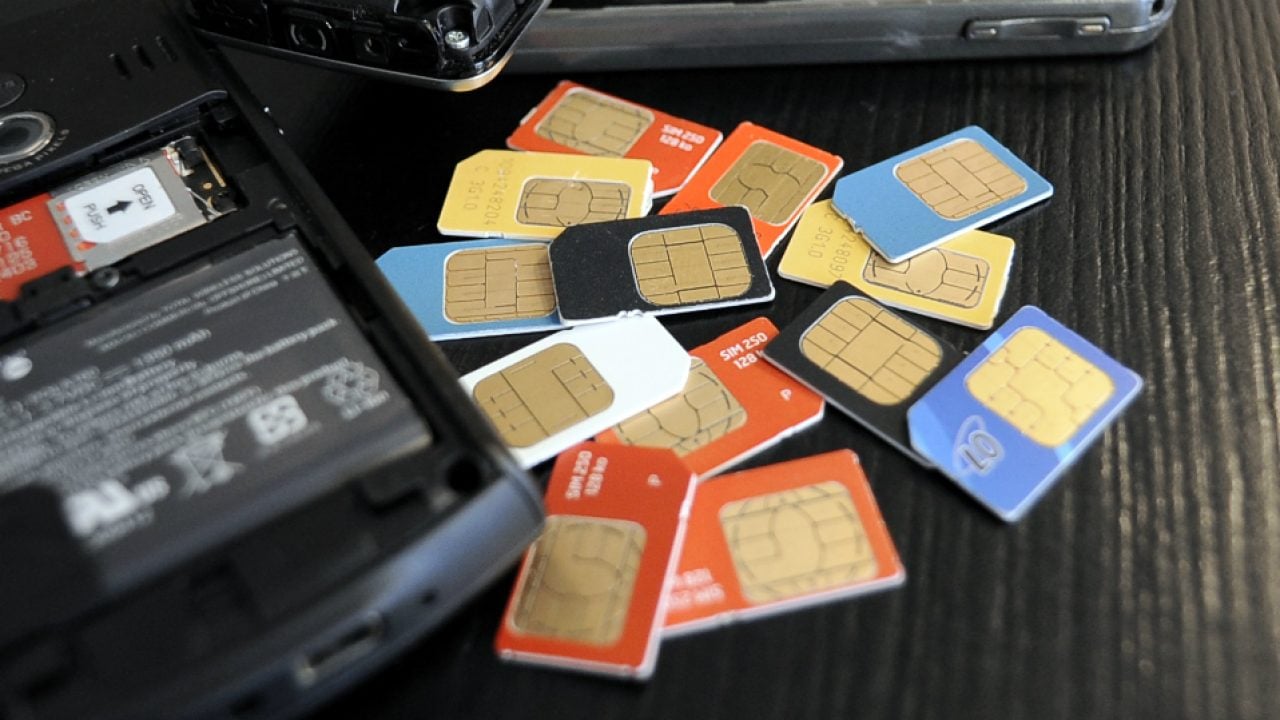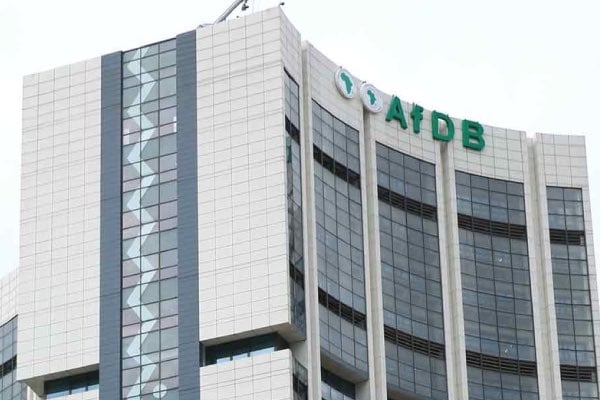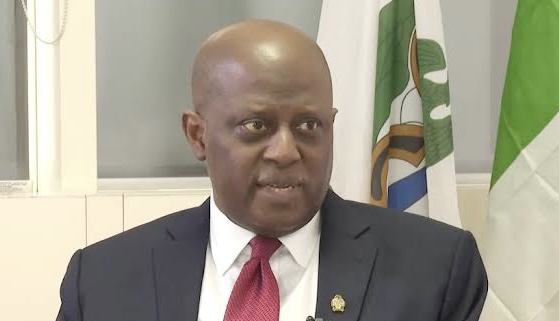Aminu Maida, executive vice-chairman (EVC) of the Nigerian Communications Commission (NCC), says efforts are being made to stop the use of illegal subscriber identity module (SIM) cards in the country.
Maida spoke in Abuja on Monday at a meeting with media executives.
The EVC said the commission is in the process of issuing sanctions to some of those identified as culprits in these activities.
“We are also taking measures to stop the use of illegal SIM cards. It is a cat-and-mouse game but the sanctions are there and we are actually in the process of issuing sanctions to some of those identified as culprits in these activities,” Maida said.
Advertisement
Maida also assured of improved telecommunication services in the country, stating that NCC’s “priority is to put smiles on consumers’ faces’.
He said the telecommunication services in the country were not where they ought to be yet but “we will focus on ensuring transparency around tariffs and billings to ensure that consumers are billed properly”.
“We are not where we are in terms of the experience as telecommunication consumers right from how we select the networks. I even quoted a report that Nigerians have the highest number of dual SIM devices which is not right,” Maida said.
Advertisement
“We are only occupying the spot because of our desire to stay connected. Those are the things that we need to work on.
“On our part, there are certain things we need to put in place; the right regulations to certify things. As I said, the tariff is one area.
“We are working collaboratively with the industry. At the heart of my strategy, we need to put a smile on the consumer’s face. There are regulatory tools that we can use. We can sanction. The NCA Act is clear.
“We are out there to protect the interest of the consumers and the interest of licensees because this is a market where we need to attract investments to make sure that it grows.
Advertisement
“But we are going to start with collaborations and hopefully, get a win-win for both sides because we are going to take matters to a different level.
“All these make us a lot more proactive so that we can see a trend but as it is today, what we see is those second-level complaints.”
Speaking on politicising of spectrum allocation, he said the spectrum does not belong to NCC but the nation.
Maida said NCC takes directives from the national frequency management council (NFMC), the apex body for spectrum management in Nigeria.
Advertisement
Add a comment






